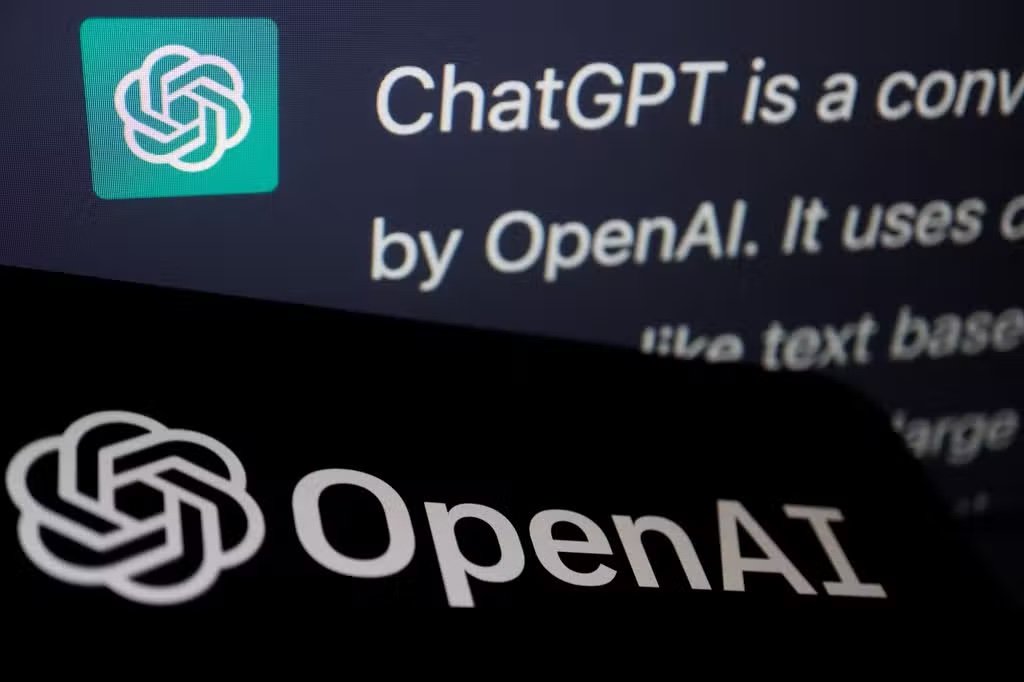A recent discovery revealed that more than 100,000 ChatGPT conversations were accessible through a simple Google search, sparking serious privacy concerns. The issue was first reported by Digital Digging, which found that users could access shared chat links just by entering specific search queries. These chats included exchanges between users and the AI that, in some cases, may have contained sensitive personal information.
The incident drew swift attention from the public and prompted a response from OpenAI, the developer of ChatGPT. The company acknowledged the exposure and explained that it had been testing an experimental feature designed to make user conversations easier to share and discover via search engines like Google and Bing. However, the feature was enabled without prior notice to users, and its privacy implications only became clear after implementation.
According to OpenAI, the goal was to increase the visibility of useful chats, but the test unintentionally exposed personal data, violating the company’s privacy policies. Once it became evident that sensitive content was being indexed and shown in search results, OpenAI quickly moved to remove the exposed chats from both Google and Bing.
However, the situation grew more complex when it was revealed that archived versions of the conversations were still accessible via Wayback Machine at Archive.org. When questioned, Mark Graham, director of the Wayback Machine, stated that OpenAI had not submitted any formal request to remove the URLs associated with chatgpt.com. Graham noted that Archive.org would likely comply with a takedown request if OpenAI made one, but no such request had been received.
OpenAI admitted that the tool created “many opportunities for people to accidentally share information they didn’t intend to,” highlighting a critical flaw in the feature’s design. As a result, the experimental tool was discontinued, and OpenAI reinforced its commitment to user privacy.
While OpenAI acted to mitigate the situation, the incident may have a lasting impact on user trust, especially for those who rely heavily on ChatGPT for assistance with confidential or professional matters. The episode serves as a reminder of the challenges AI platforms face in balancing data sharing and privacy, and it may prompt closer scrutiny of how user data is handled moving forward.
Filed in . Read more about ChatGPT, Google Search, OpenAI and Privacy.

